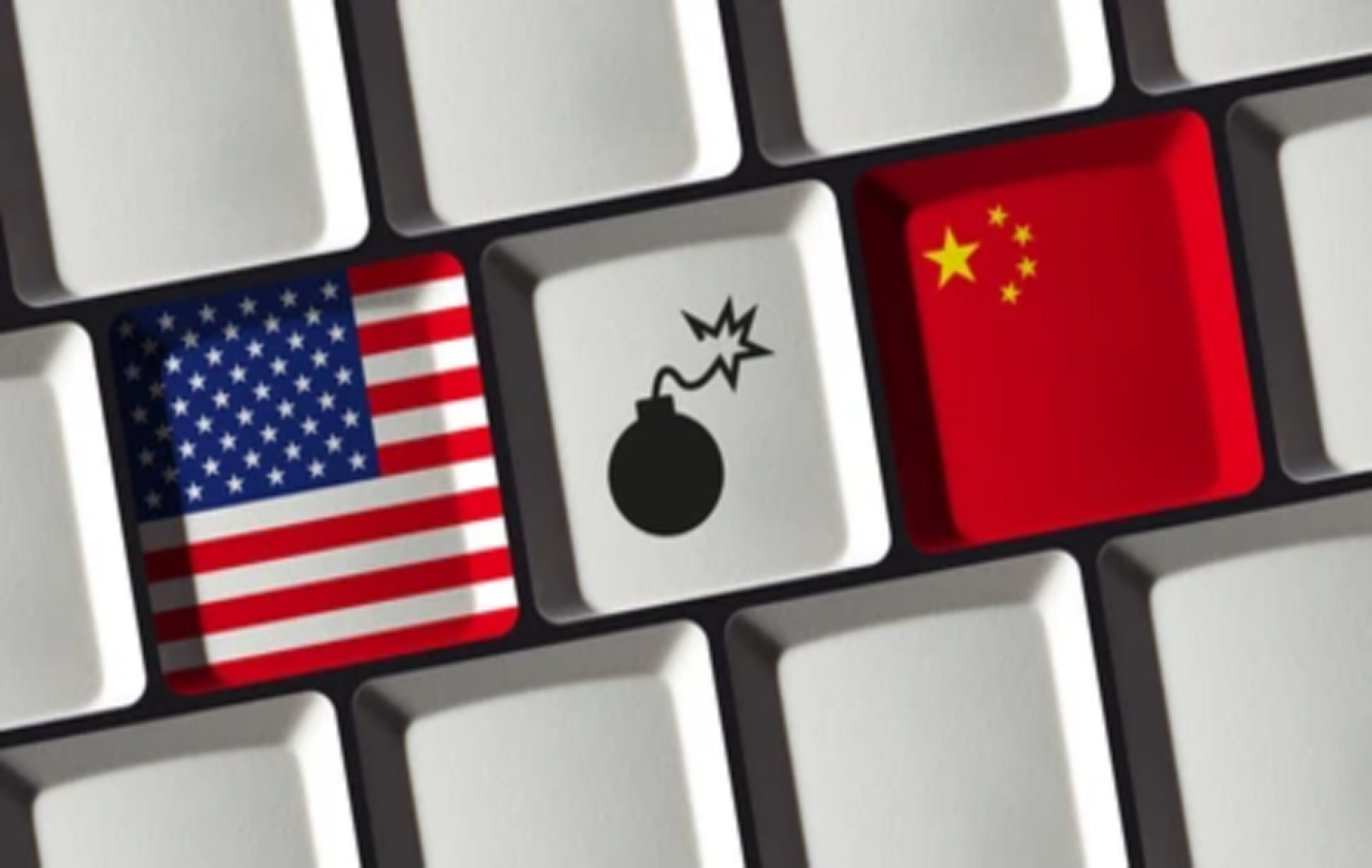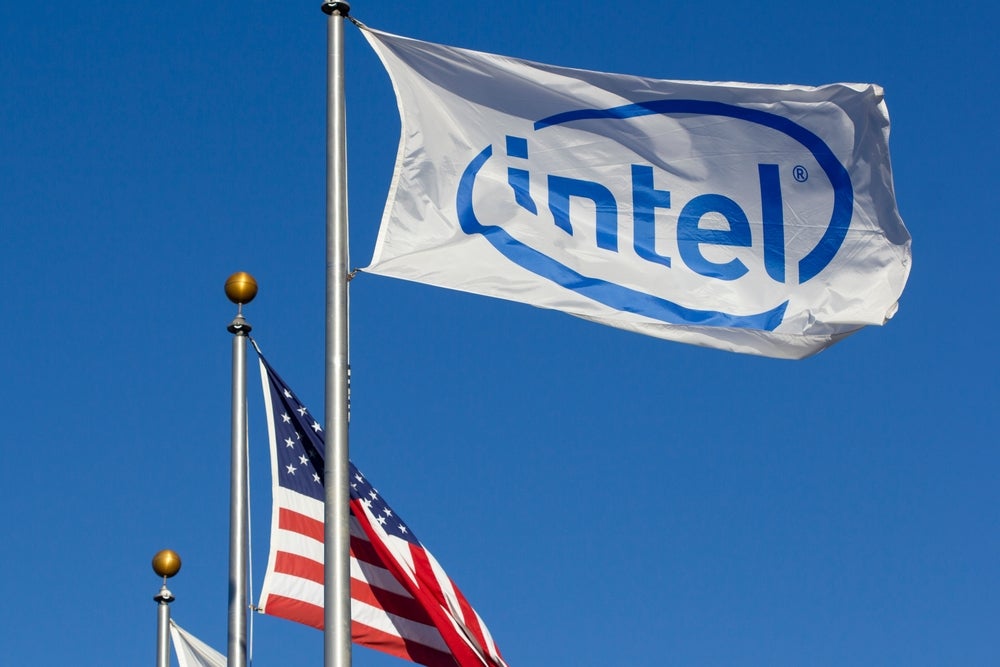On 7 October, the Biden administration announced new restrictions on selling chips and chip-making technology to Chinese companies without a special license. This is intended to restrict China’s access to advanced technologies it would need for a variety of technological areas such as AI, supercomputing, and military upgrades. This is one of the biggest moves seen in some time and is comparable to the restrictions placed on Chinese technology giant Huawei several years ago. Companies will not be able to sell GPUs, silicon for super computing, and the technology needed to manufacture advanced silicon chips without a special license from the US Commerce Department. This also bans international companies from selling those items to Chinese entities if they contain American technology. Also barred, are ”US persons” including American citizens, organizations, and those working in foreign countries from assisting China with development or support in making these chips or chip-making technology without a license.
The effects of this ban at this early stage are hard to predict. China has its own semiconductor industry, but it lags the US in development and is unable to produce advanced chips like those now banned from sale to China. It is likely to take years for China to advance its own chip making technologies to the point where US manufacturers are today. Similarly, the designs of the chips themselves represent years of work for China to produce its own versions. This ban will have a significant effect on China’s advancement, especially in the short to medium term.
There is considerable peril in these new technology restrictions as US allies are expected to enforce Washington’s latest ban as they have the previous bans such as the Huawei ban. The danger is two-fold. China exports a considerable number of products to the US as well as providing many of the smaller technology components. These include things like resistors, capacitors, and connectors, just to name a few. There are also many manufacturing facilities in China that produce goods for US technology companies.
Technology supply chain problems
Technology vendors, especially enterprise technology vendors have been weathering various supply chain shortages for the last several years, causing considerable delays in delivery to end customers. Some vendors are experiencing delivery delays of over a year on some products. If China decides to retaliate, it could exacerbate the supply chain issues, hurting not only international technology companies, but also their customers with new delays. The second danger is that China’s reaction will be beyond the technology market, curbing exports to the US and its allies, leading to considerable economic damage on a world-wide scale.
The geopolitical tensions between the United States and China such as issues over Taiwan, and China’s relationship with Russia and ongoing Chinese military buildups make predicting China’s response to these new restrictions extremely difficult at best. Large scale export restrictions would be harmful to China’s economy as well. But these actions likely demand a response of some sort from the Chinese government. Enterprises and consumers should keep a close eye on updates and announcements about China’s response to these new US technology restrictions, especially in the next 30 days.
Enterprises should also quickly review their own activities and ensure that they are not violating the new restrictions, including companies based in US ally countries. Wait and see is both nail biting and frustrating, but until the severity of the Chinese response becomes apparent, there is little else to do.
How well do you really know your competitors?
Access the most comprehensive Company Profiles on the market, powered by GlobalData. Save hours of research. Gain competitive edge.

Thank you!
Your download email will arrive shortly
Not ready to buy yet? Download a free sample
We are confident about the unique quality of our Company Profiles. However, we want you to make the most beneficial decision for your business, so we offer a free sample that you can download by submitting the below form
By GlobalData






